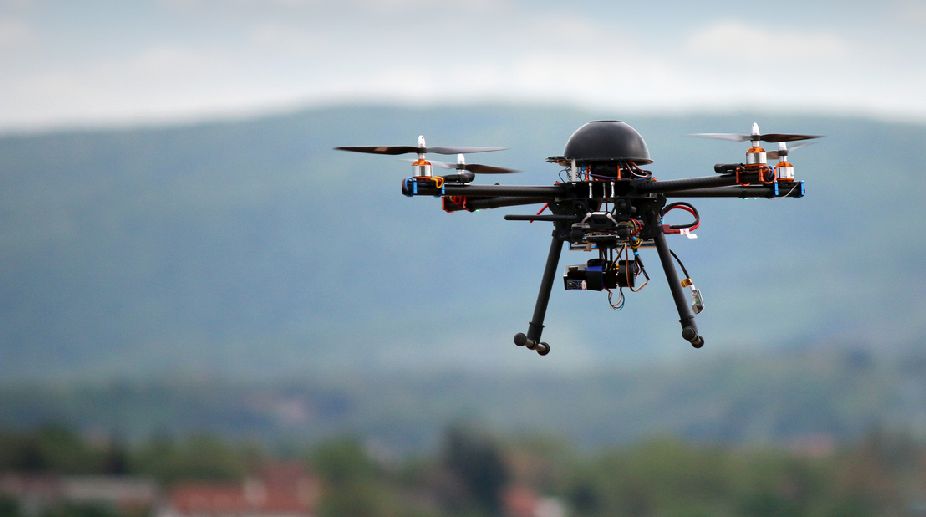Security of Chhath ghats beefed up with drone surveillance
The deployment of police across key locations such as ITO ghat and Kalindi Kunj ghat has been intensified to manage the crowd and stop anti-social elements to disrupt the festivities.

Representational Image (Photo: Getty Images)
India on Thursday said it had informed China about a drone that crashed in Chinese territory, after Beijing claimed the Indian UAV had “intruded” in its area. India will go through diplomatic channels and ask for return of the drone.
Sources said the drone was an Israeli Heron UAV, and it crashed on the Chinese side of the border across north Sikkim. The source said the drone had gone missing earlier this week, but the exact date of the incident was not revealed.
Advertisement
The Defence Ministry in a statement said that the Indian UAV was on a regular training mission inside Indian territory when it lost contact with the ground control due to some technical problem and crossed over the Line of Actual Control in the Sikkim Sector.
Advertisement
“As per standard protocol, the Indian border security personnel immediately alerted their Chinese counterparts to locate the UAV,” the statement said.
The Chinese side got back with the location details of the Unmanned Aerial Vehicle, the Defence Ministry said.
“The exact cause of the incident is under investigation. The matter is being dealt with in accordance with the established protocol through institutional mechanisms to deal with situations along the India-China border areas,” the statement said.
A report from China’s Xinhua news agency on Thursday quoted Zhang Shuili, deputy head of the combat bureau of the Western Theater Command’s joint staff department, as saying that an Indian UAV intruded into China’s airspace and crashed.
China did not give any exact location or time of the crash.
The newly-created Western Theater Command is the largest of the five military divisions in China. Tibet which shares a border with India comes under it.
Shuili said the development “infringed upon China’s territorial sovereignty and we are strongly dissatisfied with and opposed to this.”
The incident comes months after a two-and-half-month long stand-off in Doklam along the border in Sikkim, close to the India-China-Bhutan tri-junction. The stand-off started on June 16, when the Indian Army stopped a PLA party from its road construction activity in Doklam area. Both sides announced disengagement on August 28.
The strong reaction from China also comes days ahead of Chinese Foreign Minister Wang Yi’s visit to India for the Russia, India and China (RIC) Foreign Ministers meeting. Wang will arrive in India on December 10.
Advertisement